|
|
||
|
Pro Tools
FILMFESTIVALS | 24/7 world wide coverageWelcome ! Enjoy the best of both worlds: Film & Festival News, exploring the best of the film festivals community. Launched in 1995, relentlessly connecting films to festivals, documenting and promoting festivals worldwide. Working on an upgrade soon. For collaboration, editorial contributions, or publicity, please send us an email here. User login |
Interview with Writer Director Producer Jim Jermanok at 2019 AFM
Jim Jermanok is an award-winning writer, director, producer author and speaker based in NY. He is currently directing and producing a feature documentary about the life and art of Oscar-winning actor Martin Landau featuring interviews by Chris Rock, Diane Ladd, Jon Voight, Woody Allen and Ellen Burstyn. Mr. Jermanok wrote and produced the highly acclaimed romantic comedy, “Passionada,” which was released by Columbia Tri Star in over 150 countries. His film “Em” won the Grand Jury Prize at the Seattle International Film Festival and the Criterion International Inspiration Award. Also active in TV and New Media, Jim Jermanok’s new web series “LIFEADVICE.TV” has drawn tremendous praise since going live globally in 2015. Mr. Jermanok is a former ICM Agent who represented Arthur Miller, Shirley MacLaine, John Chancellor, Ben Kingsley, Dudley Moore, Helen Hayes, Alan Arkin and General H. Norman Schwarzkopf, among others. Jim has conducted over 300 workshops worldwide on the subject of his recent bestseller, BEYOND THE CRAFT: What You Need to Know to Make A Living Creatively! (http://amzn.to/2hmx6YQ)-- Making Your Projects Happen: Successful Film/TV Producing and Financing as well as The Art and Business of Screenwriting.
How long does it take you to produce an indie film? JIM: It really depends on the development and financing. Once production starts, it’s usually a 2-year process before distribution. Documentaries can take even longer as I’m experiencing with film I’m currently directing and producing, AN ACTOR’S ACTOR: The Art and Life of Martin Landau. The actual production itself takes between 2-6 weeks.
How necessary to be a producer when you're an indie writer and director? JIM: Extremely important. Almost all the successful directors and writers I know have some participation in producing their projects whether they take the credit for it or not. One can take baby steps at first and try to learn from experienced producers. No producer has all the answers but they certainly know how to be resourceful. For a creative professional to seclude themselves from producing and producing knowledge is foolhardy if not dangerous. I actually do numerous workshops around the world on Making Your Projects Happen: Successful Film/TV Producing and Financing. My next one is January 11th in New York--http://bit.ly/2XBNslN. The entire intent of such a workshop is to empower writers, directors, crew and actors—as well as producers. The foundation of my workshops and my recent bestseller (BEYOND THE CRAFT: What You Need To Know To Make A Living Creatively--http://amzn.to/2hmx6YQ) is the same: Never ever rely on others entirely. If agents, managers, producers, etc. do something for you, great. But as a creative professional, you need to be the engine that make things happen! Can you tell us about your book? JIM: As a former ICM Agent and presently a film/tv writer, producer and director, I am bombarded with requests for entertainment career advice. From my book, BEYOND THE CRAFT: What You Need To Know To Make A Living Creatively! "I never thought I would write a motivational or self-help book in my life. Sure, maybe another screenplay, play, or teleplay. Or that great American novel or book of short stories, but a how-to book? Not my thing, style or goal. For the past decade, I have spoken to hundreds of audiences worldwide at colleges and universities, film festivals, theaters and arts organizations, and acting and writing groups. Many of the questions from these audiences of aspiring, working and successful creative professionals were remarkably similar. Their occupations, goals or nationalities had little bearing. Once I graduate or when I have a lull in my career, what do I do? What do I do in my career to be proactive to get to the next level? How do I stop relying on people —whether they are agents, managers or various gatekeepers: producers, casting directors, etc.—to succeed in my creative career? How do I make things happen? I searched in bookstores and on the web for books that cover the business side of the craft or simply creative career success. Nothing. Absolutely nada. I couldn’t believe it. There are literally thousands of books about various crafts: acting, writing, screenwriting, directing, art, music—you name it, but nothing about creative career success. Yet, I knew from my speeches and workshops that there was a gigantic demand for this type of a book. A demand that wasn’t being accommodated. I also wanted to save creative professionals years. That’s right, years. Not to mention, pain. When you are talented and not doing enough creatively, it really hurts. Many creatives are simply stuck and their careers and lives suffer as a result. I want to liberate them from their “creative career prisons” and inspire them to try other strategies to accomplish or succeed. By remaining stuck or inactive, many moons can indeed go by. But if you go for it, things will happen! I also want to incorporate my own rather unique perspective or vantage point. There are no career advisory books by anyone who has worked at a large agency like ICM or CAA. Most agents at major agencies reap the benefits of working as agents or managers for their entire lives and eventually retire. A very tiny number are foolish enough to do what I did and quit a six-figure job to start at square one as a creative professional. That is, a person making a good living on the business side jumping to the risky and unpredictable creative side. I couldn’t help it —I am creative and started getting jealous of my clients. What could I do? I wanted to be creative, damnit! I wanted to be part of the creative equation and not simply represent creative professionals. So I began a long and continuing journey of almost two decades as an active writer, director and producer (and occasional actor) in film, TV, theater, and new media. Being on the front lines on the war of creative career success, if you will, as a present creative professional gives me a distinct advantage over those authors, so-called experts and university professors who may have given up long ago—if indeed they ever tried. My perspective is tried and true, extremely current and I’m still making things happen! Both the agenting and filmmaking stages of my career have also allowed me to feed a thirst for knowledge I’ve had about creative career success for my entire life. How do creative people or artists succeed? What exactly separates them from the thousands or hundreds of thousands of other creative folks? Is it talent alone or are there other factors at play? What are those other factors? I have always been obsessed with the getting “the real scoop” about how celebrities and top-tier successful creative professionals actually succeed. I didn’t want to hear the slick PR and/or sugarcoated versions that present themselves in magazine and newspaper articles or on talk shows. I wanted to know the unadulterated truth! From the beginning of my tenure as an entertainment agent at ICM or International Creative Management, I asked a lot of questions from the names or celebrity clients themselves. Not only those I represented, but also those represented by my fellow agents. As a filmmaker, it was the same story. I asked all my successful friends, peers and colleagues how they did it—yearning for “the real scoop” yet again. I heard a lot of the same commonalities or descriptions over and over again. Those habits, qualities, tools and practices—that the names and the world’s most successful actors, directors, writers, producers, artists musicians, singers, comedians, authors, journalists, photographers, designers and even business entrepreneurs—share. What they have in common in contrast to the majority of creative folks who fail to make a living in their chosen creative field. This, indeed, is the primary inspiration for this book. After three decades of analysis of creative career success, I developed and created my own unique philosophy, strategy and even vocabulary to clearly convey these commonalities. I deliberately wrote specific, bite-sized and self-contained chapters in this book so you, my readers, can grasp, retain and use what you can to improve your careers and, in the process, perhaps, your lives. For me, there is no greater goal".
Is it difficult to make a film today with new modes of distribution or easier? JIM: It depends on the budget and genre, of course, but I’d like to think it’s easier and more democratic given the reduced costs of production and post-production. However, the challenge is how to promote, market and publicize your film effectively—and how to make sure it draws the attention of your audience. It’s never been more important for filmmakers to really understand who their audience is and how to connect with them. How important is it to be creative in ways of making a living in the entertainment industry? JIM: To be completely honest, one has to be a financial tap dancer in this day and age. I think it is a mistake to be tied to one specific occupation or medium unless you’re extremely successful. Creative professionals need to be flexible, particularly at the beginning of their careers or when they are stuck. Although my job as an agent was lucrative, I felt confined to one task: getting work for well-known clients, a glorified form of sales. Now I am delighted to wear numerous occupational hats: writer, rewriter, director, producer, speaker, editor, author, script analyst and entertainment/production consultant. What advice can you give to new writers and filmmakers just starting out? JIM: Write. Write. Write. Keep on writing and the money will eventually find you. Improve your writing by sending your work to professionals to evaluate it objectively, even if you have to pay to do this. Make sure to make time each week to network (research, reach out and meet contacts eyeball-to-eyeball!) —it is important to continually enhance your Contact Accumulation. Most importantly, you need to meet five Primary Contacts: producers/production executives, financiers, directors, agents and managers. Try to do a short or web series to actually see your words on screen. There is nothing like this particular on-the-job training. Read the film or TV scripts of the masters. Don’t work entirely in an artistic vacuum—understand what the market is seeking and try as hard as you can to feed it.
How important is it for filmmakers to attend markets like AFM? JIM: I have mentioned Contact Accumulation in my book, workshops and above. Major film festivals and markets are a tremendous opportunity to meet a large number of potential contacts, which will provide much more career opportunities and knowledge if you seek it. What will you be producing next? JIM: As I stated above, I have the great privilege to direct and produce the definitive documentary feature about Martin Landau: AN ACTOR’S ACTOR: THE ART AND LIFE OF MARTIN LANDAU. In my life, I have never met a better story teller about the history of entertainment and film. Indeed, Martin Landau was a real life Zelig of the entertainment world from the early fifties to his recent passing in 2017. We were fortunate to have filmed over 20 hours of Mr. Landau months before his passing. We have recently interviewed Woody Allen, Ellen Burstyn, Jon Voight, Sally Kirkland, Dianne Ladd, Mark Rydell, Paul Sorvino and Chris Rock, among many others. I hope to be finished with this in the coming months. For more information, visit: www.jimjermanok.com
Interview by Vanessa McMahon 03.12.2019 | Vanessa McMahon's blog Cat. : Interview with Writer Director Producer Jim Jermanok at 2019 AFM Interviews PEOPLE
|
LinksThe Bulletin Board > The Bulletin Board Blog Following News Interview with EFM (Berlin) Director
Interview with IFTA Chairman (AFM)
Interview with Cannes Marche du Film Director
Filmfestivals.com dailies live coverage from > Live from India
Useful links for the indies: > Big files transfer
+ SUBSCRIBE to the weekly Newsletter Deals+ Special offers and discounts from filmfestivals.com Selected fun offers
> Bonus Casino
User imagesAbout Vanessa McMahonThe EditorUser contributions |


















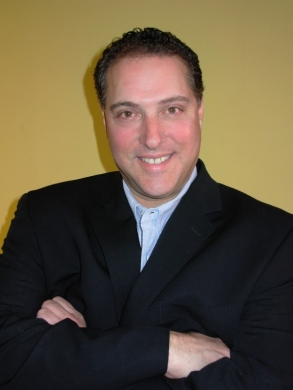
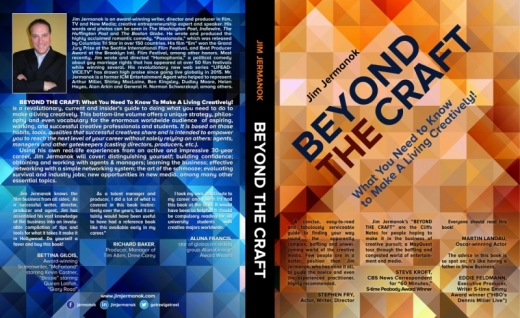


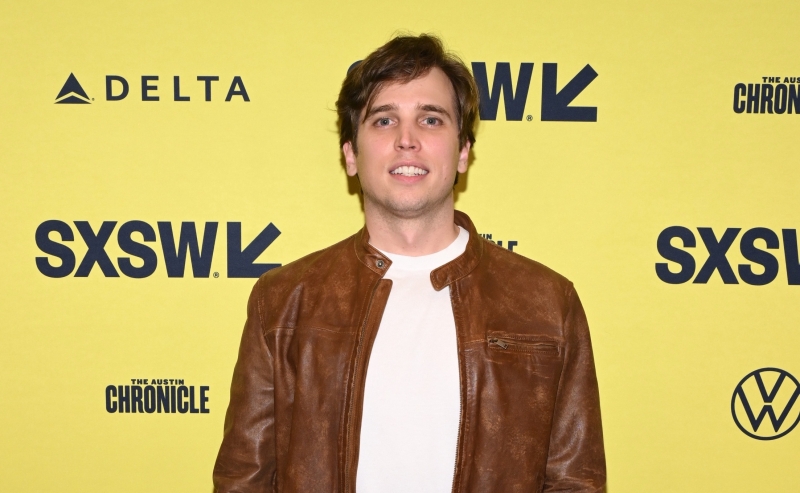

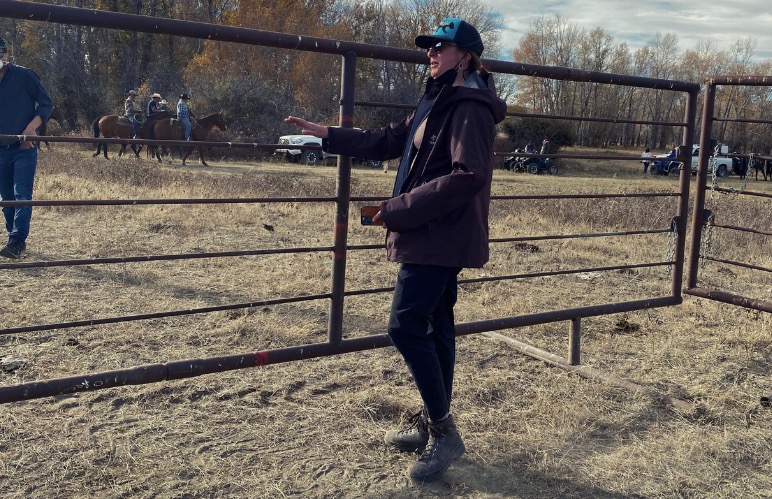
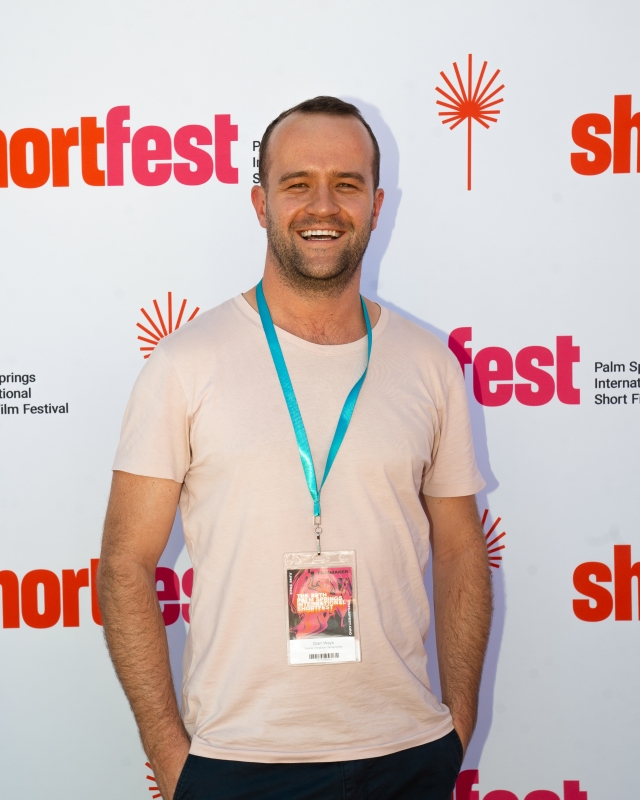
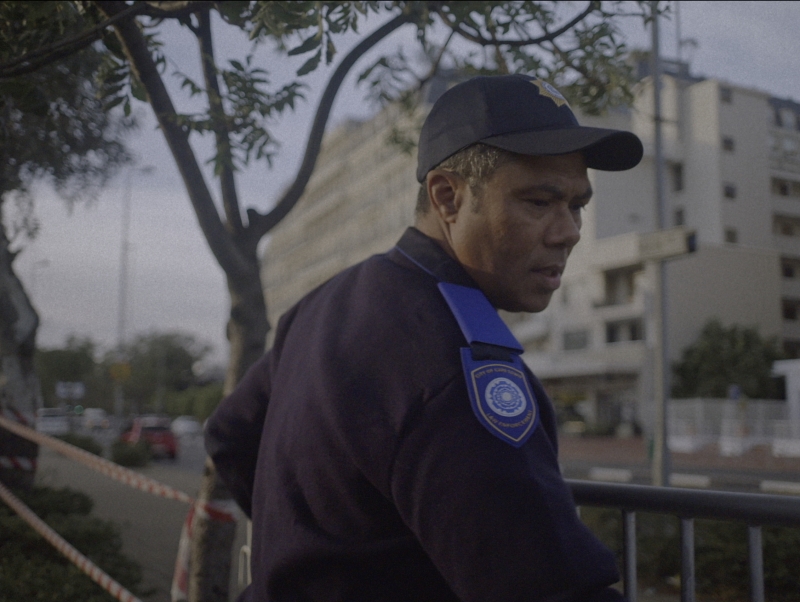
 McMahon Vanessa
McMahon Vanessa 


